The Flash
Why?
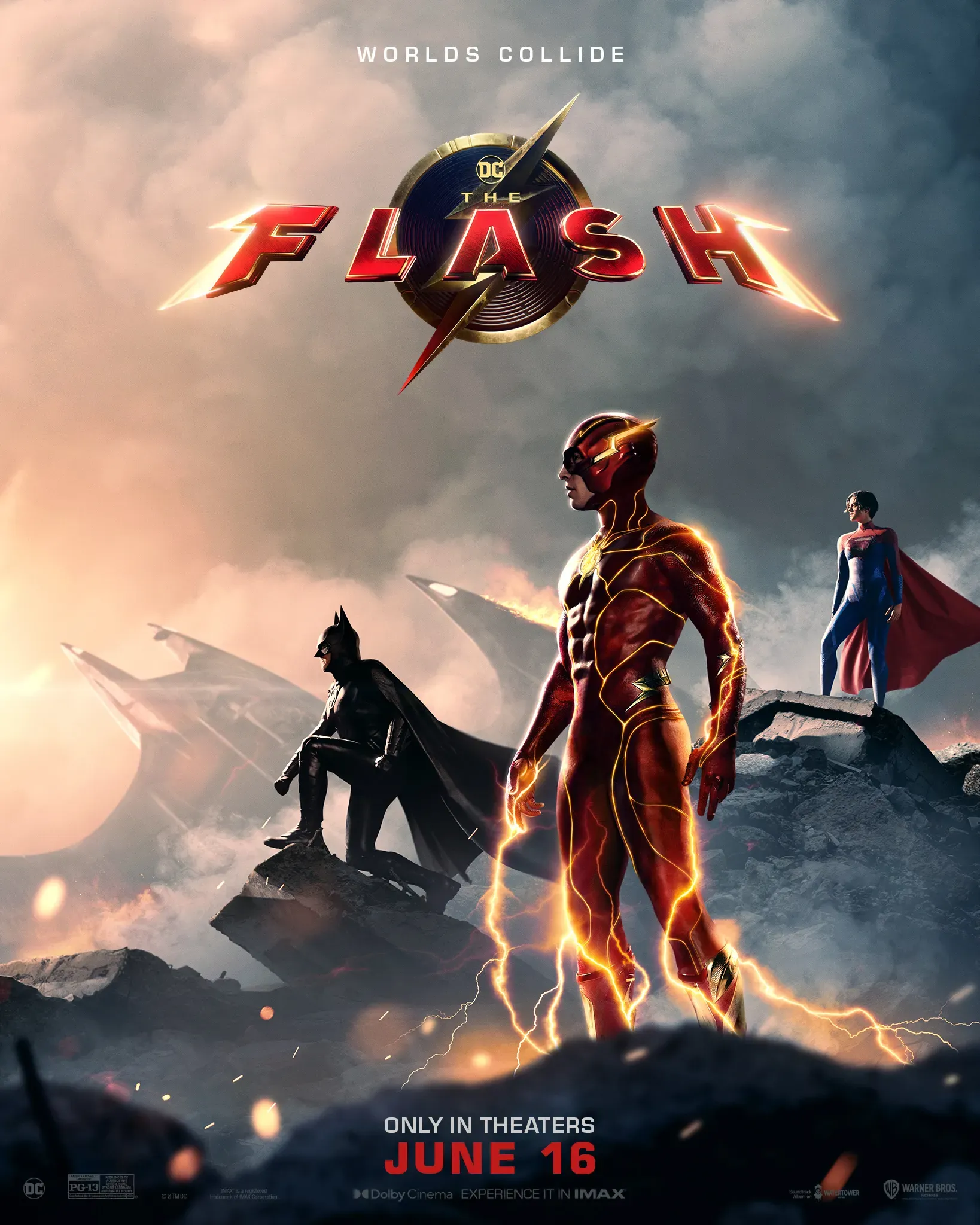
Worlds collide when the scarlet speedster known as The Flash decides to use his powers to travel back in time, and change the events of the past. However, when his efforts inadvertently alter the future, he finds himself trapped in a new reality, one in which the evil Kryptonian General Zod and his forces have arrived to find the Earth without a Superman to protect it, so the Flash has no other option then to assemble what few heroes there are, and save the world.
I’ve never really liked listening to movie commentary tracks because few things kill my enjoyment of a piece of art like finding out that the creators are assholes or dumb shits, or maybe worst of all, that they don’t see something in their art that the rest of us do see, suddenly exposing a gaping chasm of understanding and intent between us. Like how Lucas admits that he doesn’t understand why Boba Fett is so popular, or how Tolkien claims that neither World War influenced Lord of the Rings, or how Louis Naidorf claims that the Capitol Records Building wasn’t inspired by a stack of records. The question of why that gap exists eats at me. How is it possible that they do they not see this thing that is so obvious about their creation? Or, are we just wrong? And if this is so, how is it that we can misunderstand a thing so fundamentally, especially when it seems so clear?
How? Why?
This is my main question about The Flash… why?
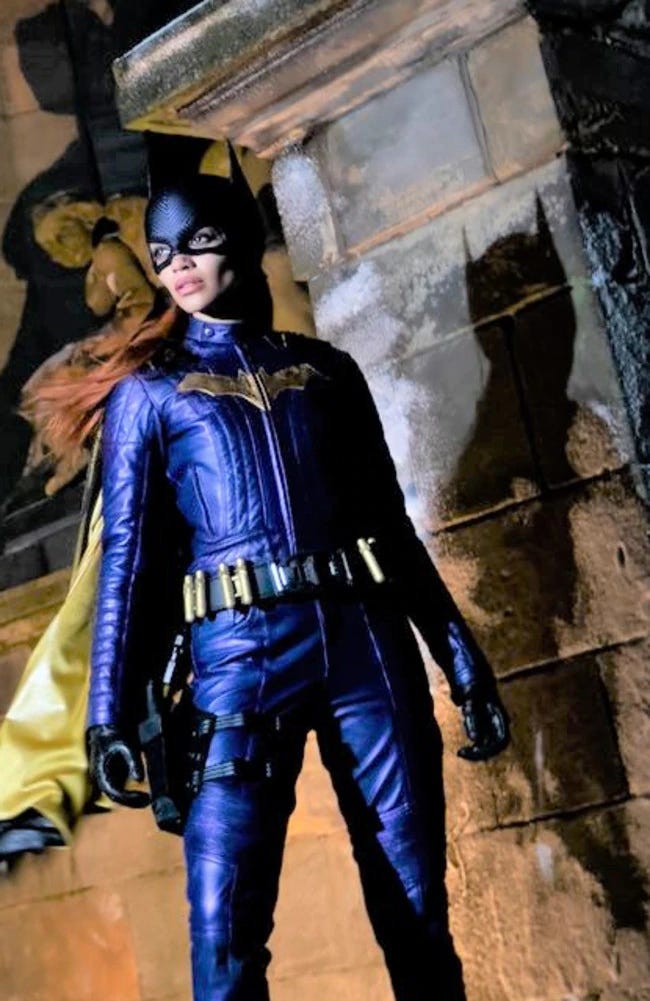
Why did WB shelve Batgirl for the tax credit, but then turn around and push this particular film? Even before star Ezra Miller’s cross-country crime spree… Why? How is it that so many professional movie people could sit down and watch this film, and go… “Oh yeah, dude, release this Kraken on the public!” How? What did they see here that convinced them that putting so much time, heart, and money behind this film was a good idea? How? Why?
I don’t know what they saw, or why they did what they did, but there’s got to be a reason, because here we are, on the other side of that release, with what may be the biggest box office bomb of all time on our hands, having lost more than $200 million dollars. That’s real money, people, even to Hollywood.
That’s “career ending” money.
And for what? A turgid and dull, poorly paced and overly long, perfunctory bore of a film, one starring an incredibly unlikable main character?
Why?
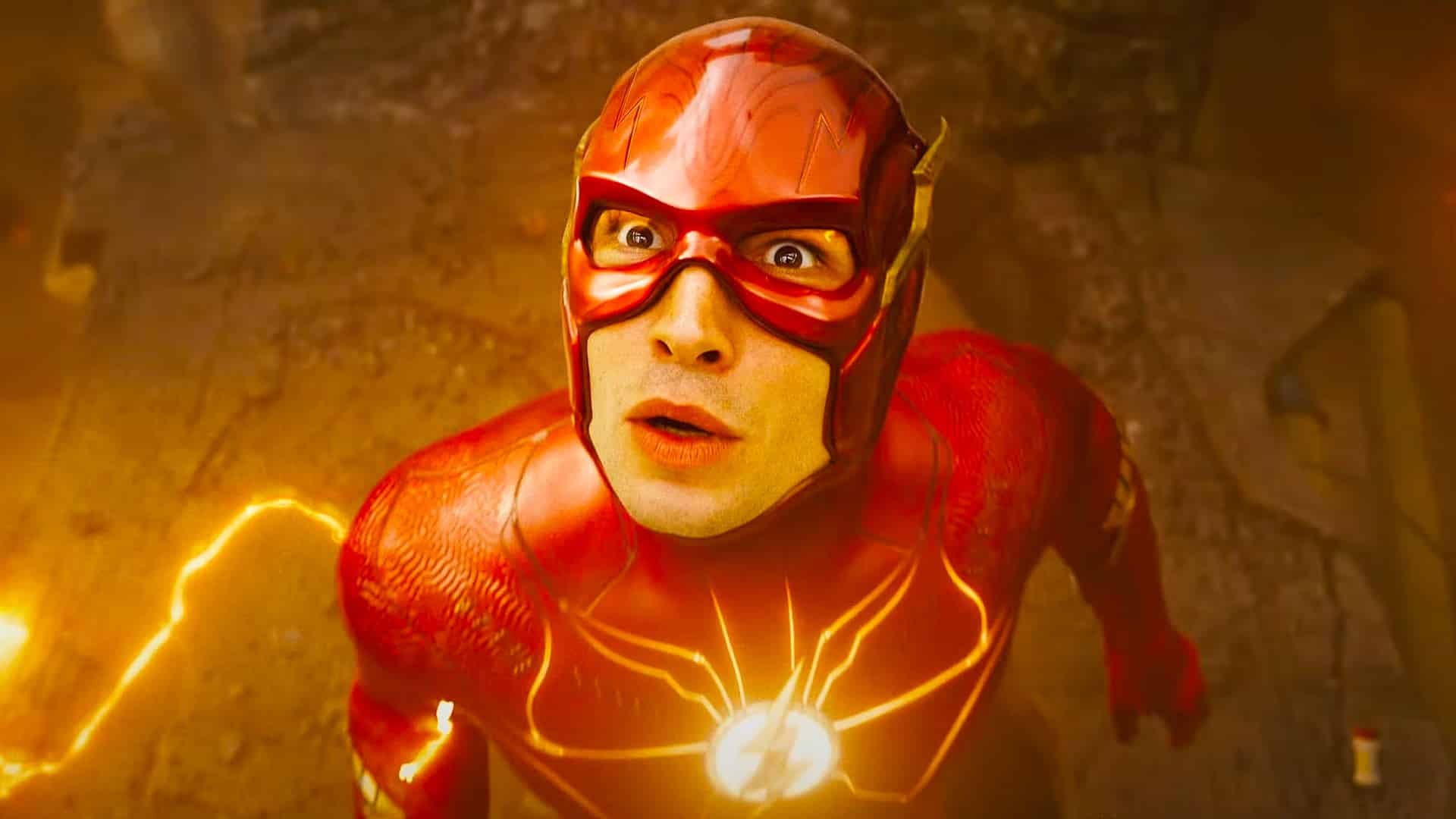
The Flash is, of course, a speed-based superhero from DC comics. He’s a contemporary of Superman, Batman, and Wonder Woman, et al. Created by writer Gardner Fox and artist Harry Lampert, the original Flash first appeared in November 1939. There’s been several people who have been known as the Flash over the years, but the version in this film is a man named Barry Allen (a different version of Barry Allen from both the version in the more popular TV show, and also the version from the less popular TV show, all three of which—except for maybe the latter—are very different from the comic book version of Barry Allen, but I digress…).
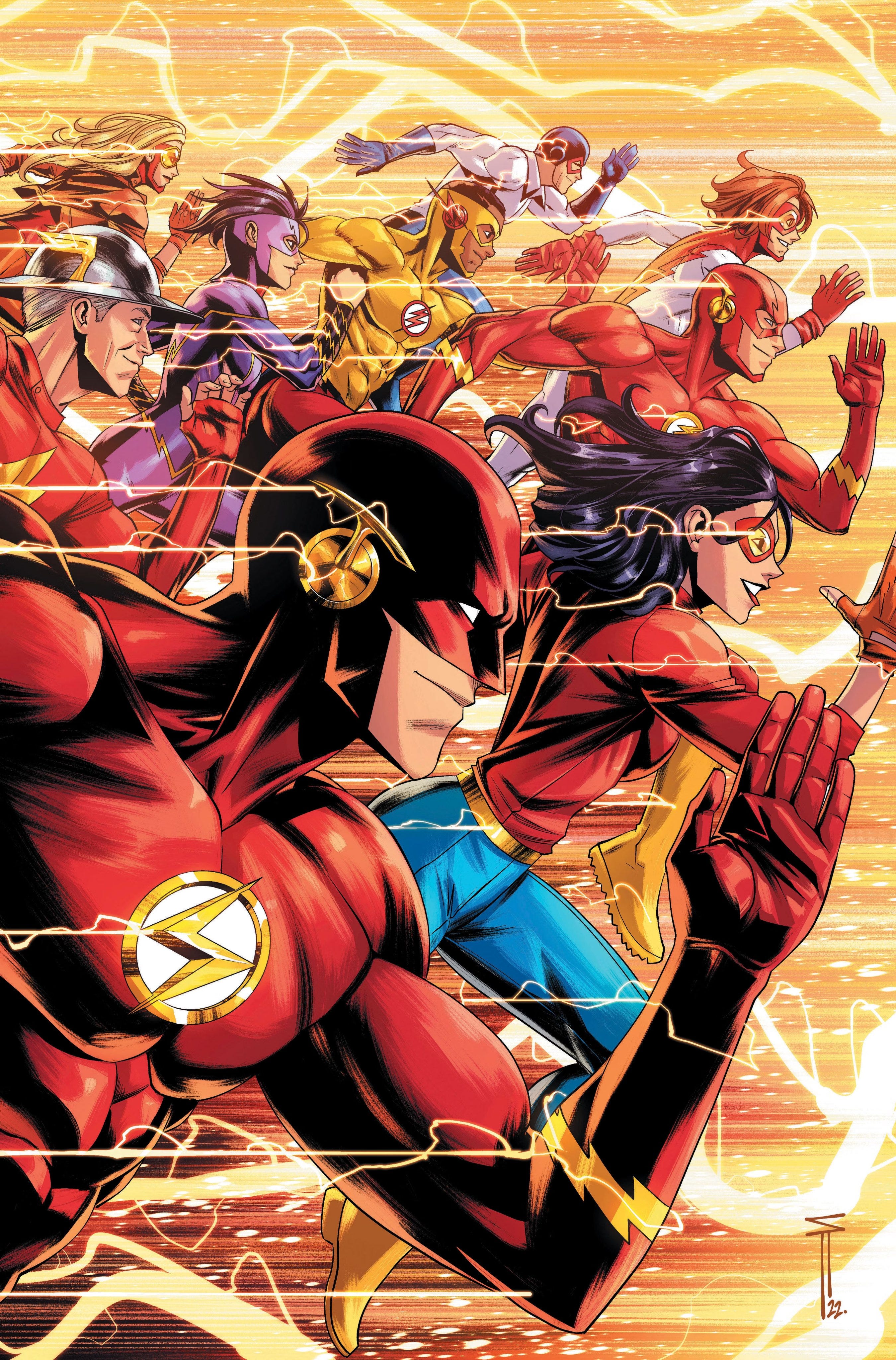
This film features the version of the Flash who hails from Zack Snyder’s wildly unpopular vision of the DC universe, a series of cinematic Edgelord Trilbys including such crapfests as Man of Steel, Batman Hearts Superman: Dawn of Just Us, and of course, the infamous, the ponderous, the colossal waste of money that is known as the Snydercut. Over at Warner Bros, Snyder’s vision has led to several firings, a couple of internal shakeups, more than a few career-ending controversies, and is most likely directly responsible for the events that led to David Zaslav currently being able to freely gut the over 100 year old studio and sell it off for parts. It is also a vision that has been consistently rejected at the box office. So, why? Why keep going with this obviously fated-to-fail film?
Why?
Anyway, the film’s story is a very pared-down version of a famous Flash story, one where they run backwards in time to save their mom, only to accidentally wreck the timeline in the process, finding a wacky, mixed-up world waiting for them back in the present, and they then need to put things right again. It’s a classic superhero blunder that leads to a classic superhero adventure.
But at 2 hours and 24 minutes, especially for a film that’s about the fastest man alive… it’s a little slow. It’s not the worst movie ever, but like most of recent DC films, despite a few bright spots, it’s just not that good. So, why? Why did the studio back this film? Sure, having Micheal Keaton back as Batman was awesome, and I’m not going to say that I didn’t love that, and this version of Supergirl was fun, but being able to say that this film is better than Black Adam is the faintest of faint praise.
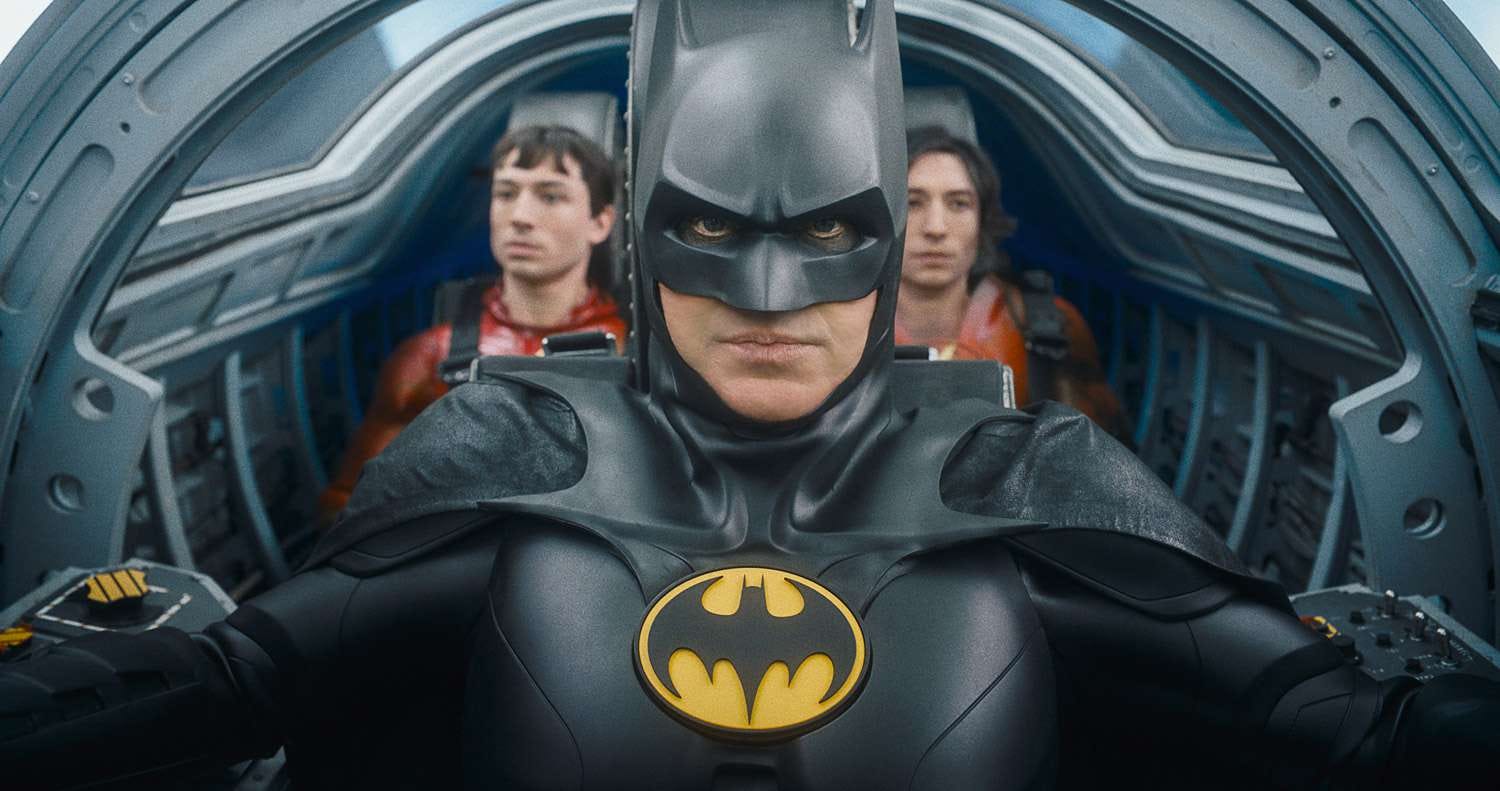
So… Why?
The answers to that question is a commentary track that I’ might listen to.
